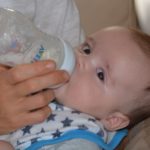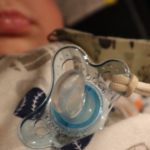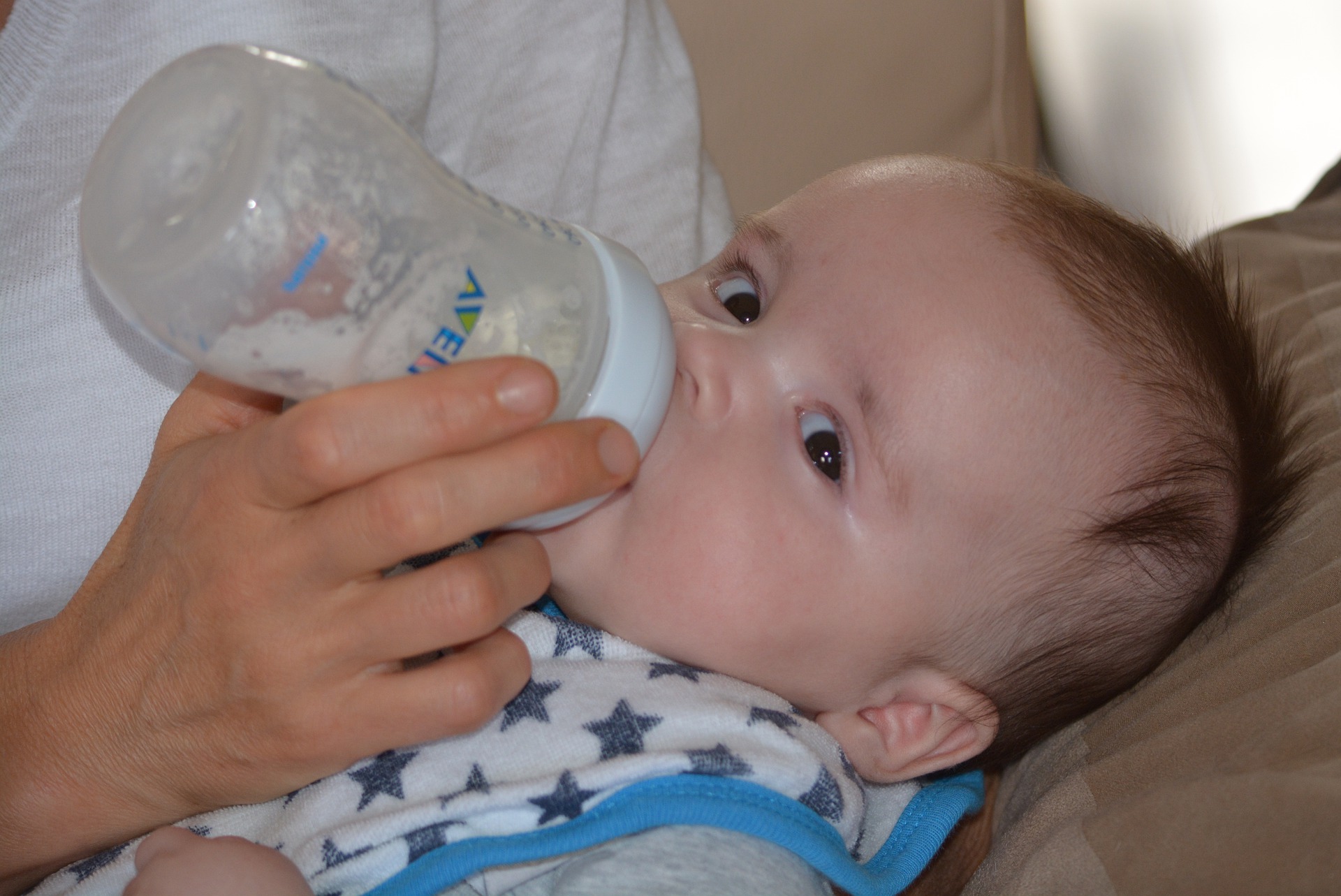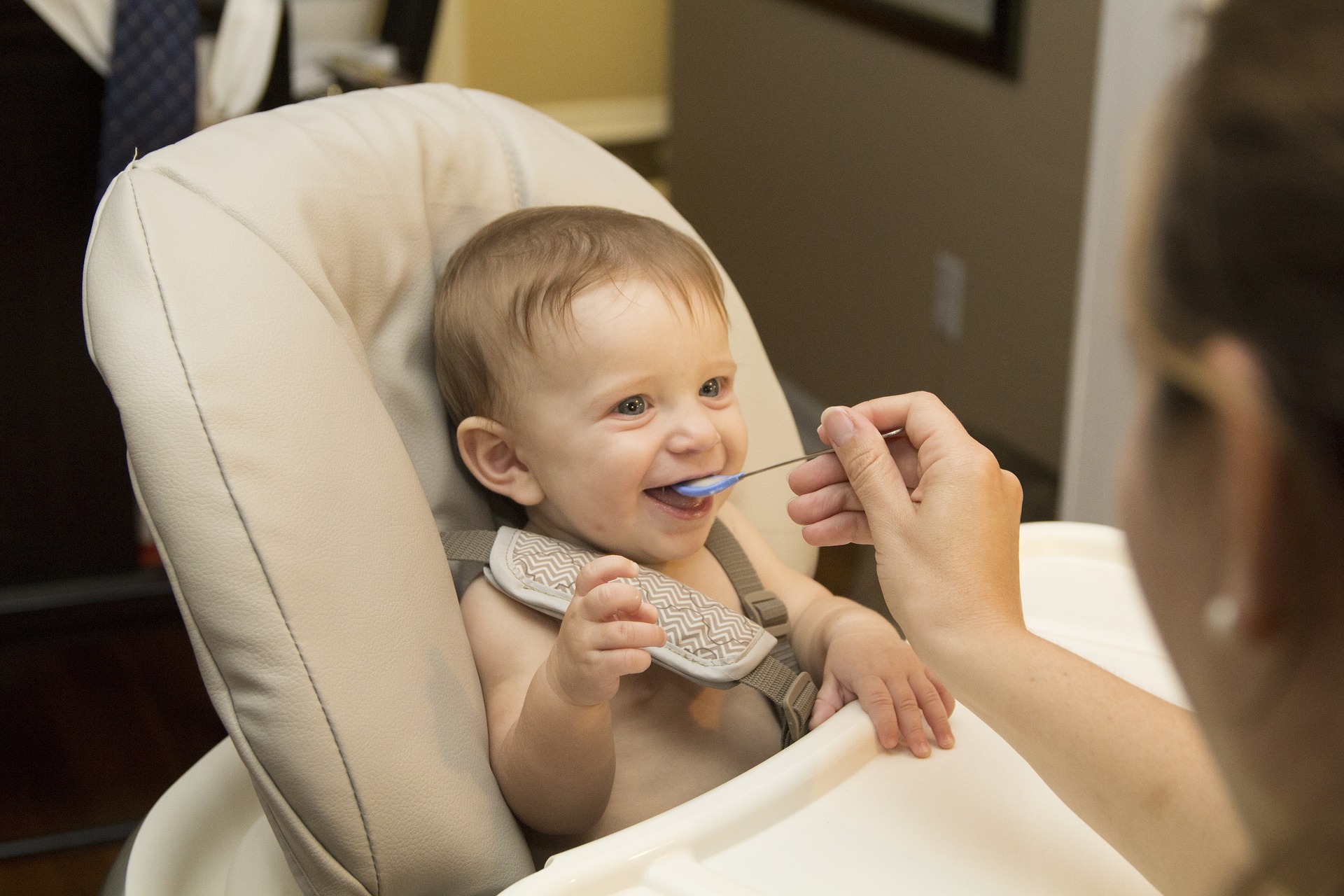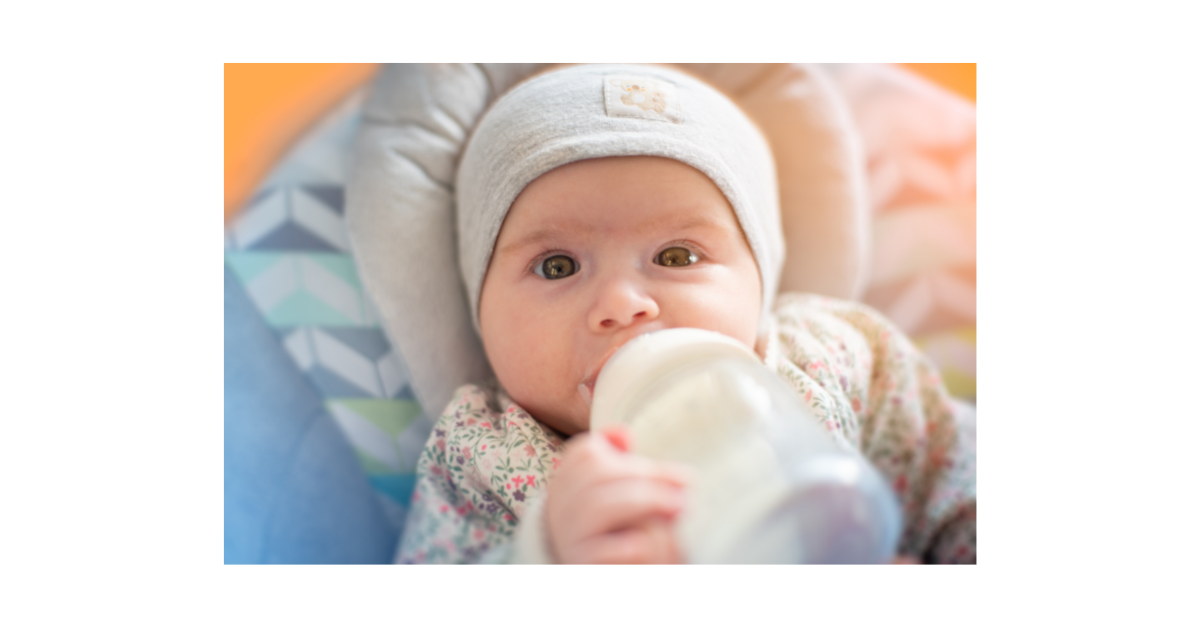Are you a new parent? I was at one time too, and it can be overwhelming. If so, you’re probably wondering what to do when your baby spits up or has diarrhea. You may also wonder if any dangers are associated with feeding your baby formula milk. In this blog post, we’ll explore the dangers of giving your infant spoiled formula milk and suggest ways to prevent it. We’ll also cover how to spot spoiled formula milk and what to do if your baby has consumed it. Let’s get started!
Table of Contents
- The Dangers of Feeding Your Baby Spoiled Formula Milk
- How to Spot Spoiled Formula Milk
- What to Do if Your Baby Has Consumed Spoiled Formula Milk
- What to Do if You Think Your Baby Has Been Poisoned by Spoiled Formula Milk?
- What Makes a Baby Formula Get Spoiled?
- Sharon Dunn’s FAQ’s
The Dangers of Feeding Your Baby Spoiled Formula Milk
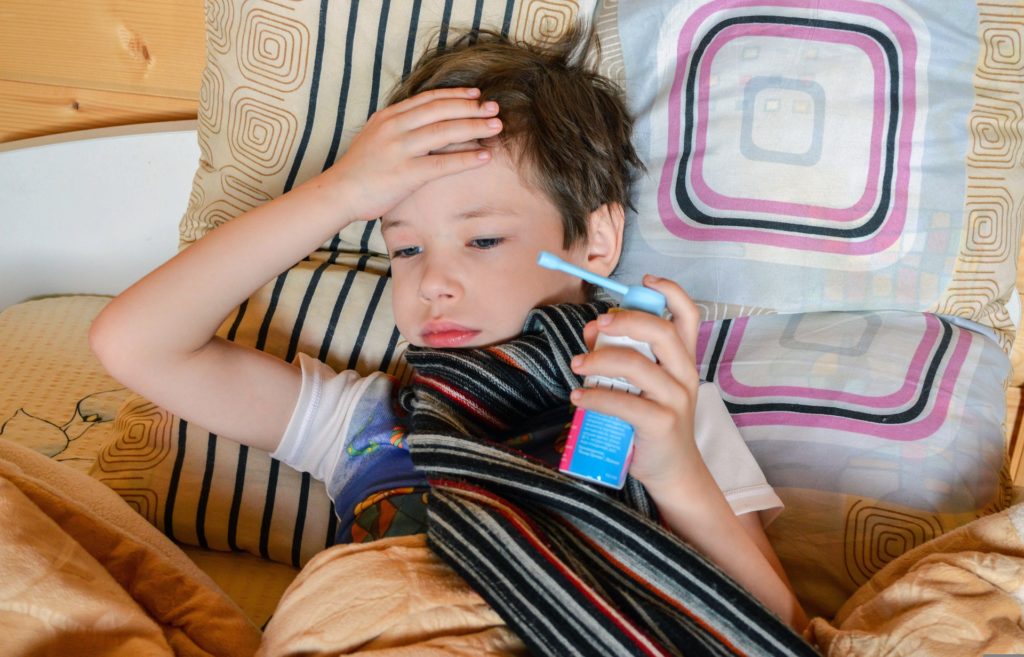
Formula milk is a highly processed food that provides all the nutrients a baby needs for healthy growth and development. However, formula milk can quickly spoil if it is not stored correctly, and feeding a baby spoiled formula milk can have serious consequences. Here are four dangers of feeding your baby spoiled formula milk:
- Spoilt formula milk can contain harmful bacteria that can cause gastrointestinal infections and other illnesses.
- Feeding your baby spoiled formula milk can lead to malnutrition and stunted growth.
- Babies who consume spoiled formula milk may develop food allergies or sensitivities.
- Spoilage can also cause the formula to lose its nutritional value, meaning that your baby will not get the essential vitamins and minerals they need for healthy development.
How to Spot Spoiled Formula Milk
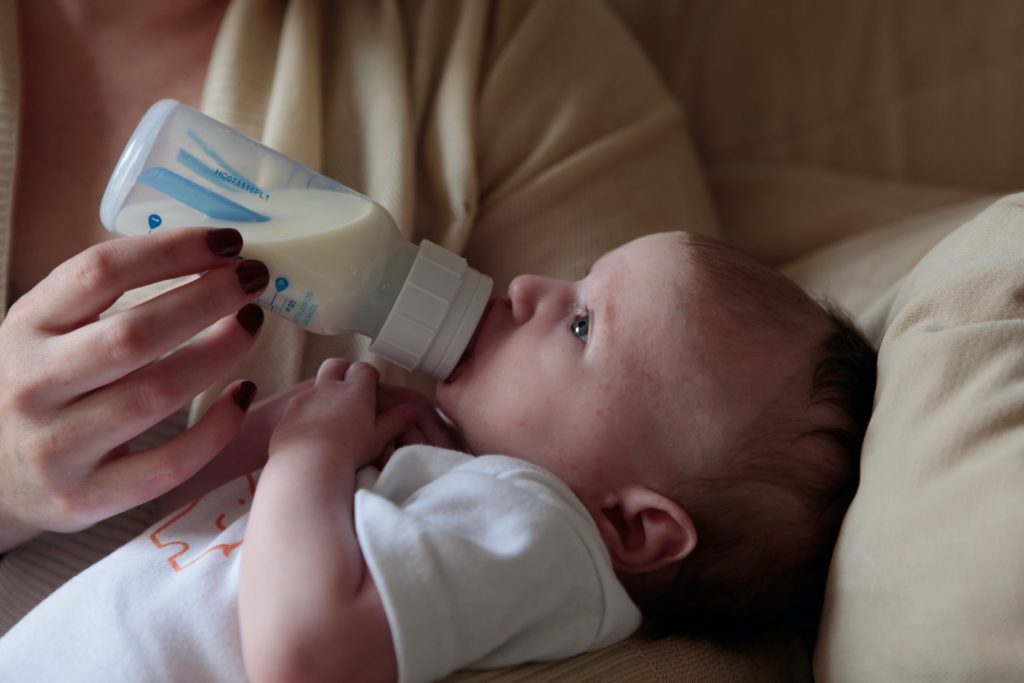
If you’re a parent who relies on formula milk to feed your baby, it’s essential to know how to spot spoiled milk. After all, no one wants to give their child something that could make them sick. Here are a few things to look for:
- The appearance of the milk: If the milk is lumpy or has clumps, that’s a sign that it’s spoiled.
- The smell of the milk: Don’t use it if it smells sour or off.
- The expiration date: This one should be obvious, but don’t use it if the milk is past its expiration date.
What to Do if Your Baby Has Consumed Spoiled Formula Milk
It is essential to be very careful when handling and preparing baby formula. If done incorrectly, there is a risk of spoilage and contamination. Here are five tips to avoid feeding your baby spoiled formula milk:
1. Check the expiration date on the formula milk powder before using it.
2. When mixing the powder with water, use clean, filtered water that has been boiled for at least two minutes.
3. Only mix as much formula as you need for a single feeding. Discard any leftover formula milk.
4. Store prepared formula milk in a clean, airtight container in the refrigerator. Use within 24 hours.
5. Before feeding, check the prepared formula milk for signs of spoilage, such as a change in color or texture or an off-putting odor. Do not feed your baby if the milk appears spoiled.
What to Do if You Think Your Baby Has Been Poisoned by Spoiled Formula Milk?
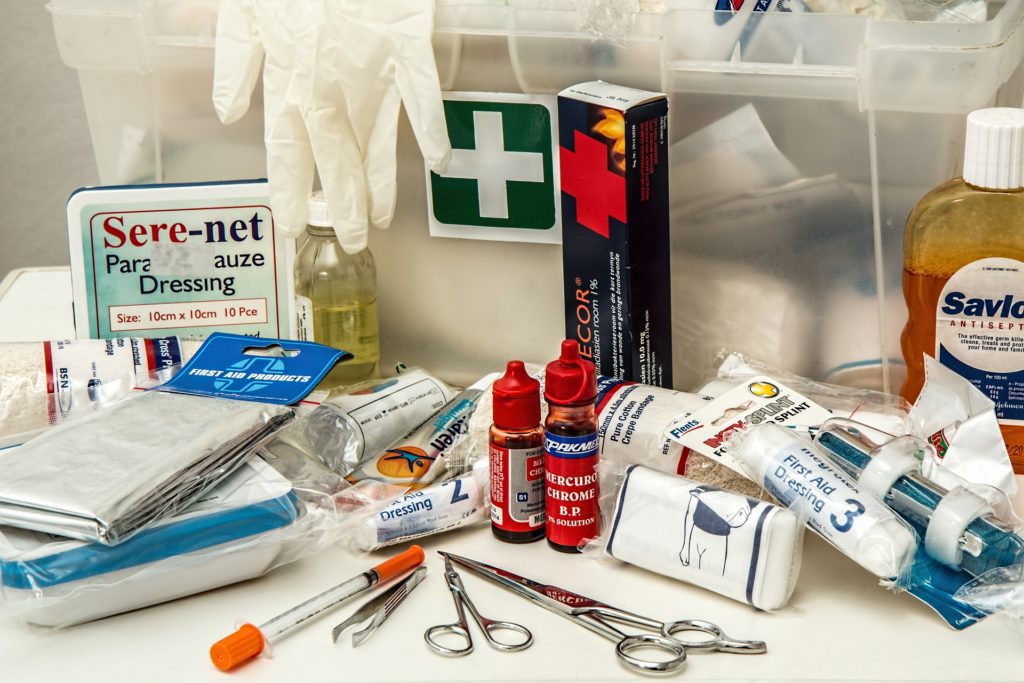
If you think your baby has been poisoned by spoiled formula milk, there are four things you can do:
- Call the poison control center at 1-800-222-1222. This free and confidential service is available 24 hours a day, seven days a week. A trained professional can give you specific instructions on what to do next.
- Take your baby to the emergency room. It is essential to get medical attention as soon as possible. The staff can run tests and give your baby the necessary treatment.
- Save the container of formula milk and contact the manufacturer. The manufacturer may want to investigate the problem and issue a recall if necessary.
- Contact your local health department. They will be able to provide you with information on how to prevent this from happening in the future and how to protect other babies in your community.
What Makes a Baby Formula Get Spoiled?
There are four primary causes of spoiled baby formula:
- Oxidation is caused by exposure to oxygen, which can occur when the formula is left open to the air or stored in an improperly sealed container. This can cause the formula to change color or develop a rancid odor.
- Bacteria contamination can occur if the formula is prepared with contaminated water or stored in a dirty container. This can cause the procedure to spoil and potentially make your baby sick.
- Degradation occurs when the nutrients in the formula break down over time. This can happen when the formula is exposed to heat or light or if it is not used within the expiration date. This can cause the formula to lose its potency and no longer provide your baby with the necessary nutrients.
- Beta-lactamase activity is an enzyme that breaks down beta-lactam antibiotics, making them ineffective. This can occur if the formula is stored in a previously held beta-lactam antibiotics container. This can cause the formula to spoil and potentially make your baby sick.
To avoid spoiled baby formula, store it in a cool, dark place and use it within the expiration date. If you suspect that your baby formula has been contaminated or spoiled, discard it immediately and do not feed it to your baby.
Sharon Dunn’s FAQ’s
Can Spoiled Baby Formula Make My Baby Sick?
Yes. Spoiled baby formula can cause your baby to vomit, have diarrhea, and experience abdominal pain. It can lead to dehydration, malnutrition, and even death in severe cases.
How Long Does Formula Milk Last After Being Mixed with Water?
Once you have mixed formula milk with water, it is essential to use it within two hours. If you plan to use it later, store the mixture in the fridge and use it within 24 hours. It is essential to follow these guidelines to ensure that your baby is getting the nutrition they need.
When ready to use the formula, take it out of the fridge and allow it to reach room temperature before giving it to your baby. If you have leftover formula milk after feeding your baby, throw it away. Please do not put the new formula back in the fridge or try to reuse it at a later time. Mixing fresh formula milk with water each time you feed your baby will help ensure that they are getting the nutrients they need.
Can I Store Prepared Formula Milk in the Freezer?
No. Freezing prepared formula milk can cause the nutrients to break down and make the formula less effective.
My Baby Only Drinks Half of a Bottle of Formula Milk. Can I Save the Rest for Later?
No. Once your baby starts drinking from a formula milk bottle, it should be used within 2 hours or discarded.

